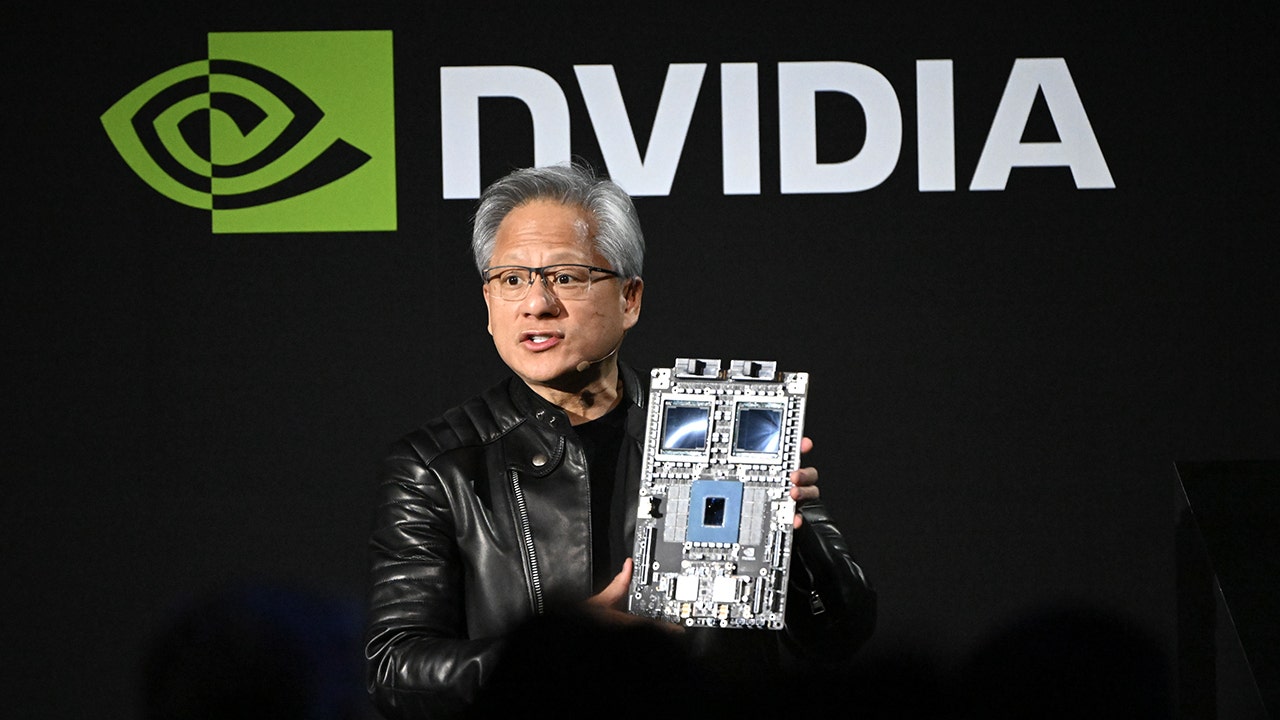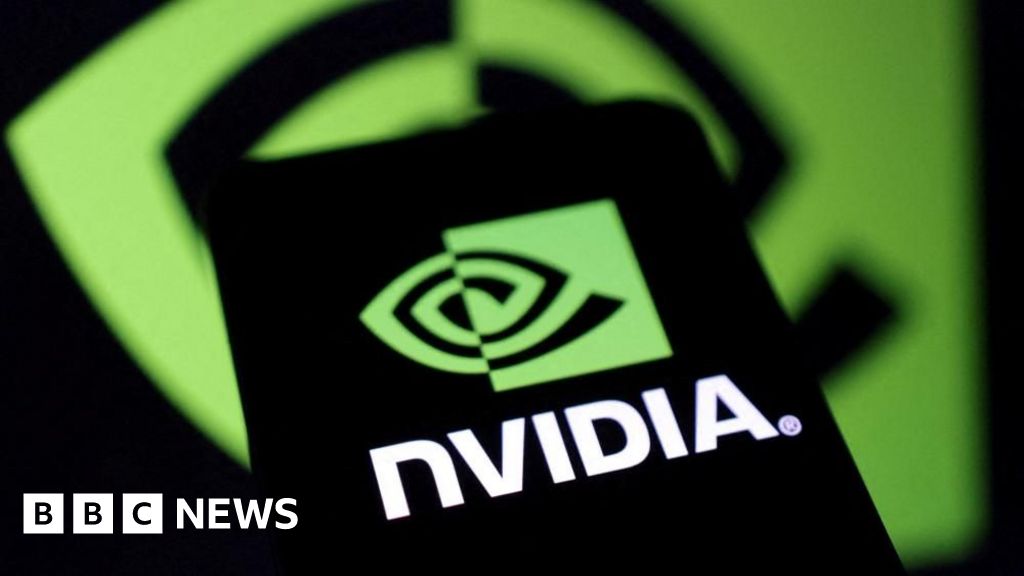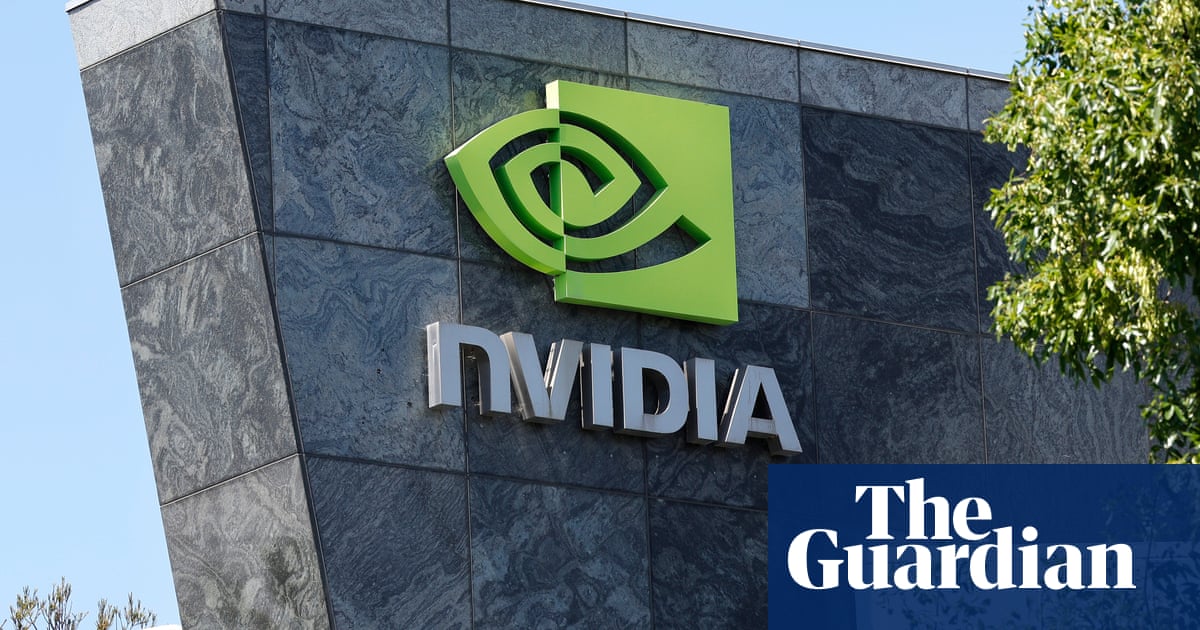Nvidia Faces $8 Billion Loss Due to U.S. Export Restrictions on AI Chips to China
Nvidia's CEO warns of growing competition from Chinese AI firms as the company navigates U.S. export restrictions, predicting significant revenue losses.
Subscribe to unlock this story
We really don't like cutting you off, but you've reached your monthly limit. At just $5/month, subscriptions are how we keep this project going. Start your free 7-day trial today!
Get StartedHave an account? Sign in
Overview
Nvidia's Q1 earnings report reveals a $4.5 billion charge from U.S. export restrictions on its H20 AI chips to China, leading to a $2.5 billion revenue loss. Despite these challenges, Nvidia reported a 69% revenue increase to $44.1 billion and a 26% rise in net income to $18.8 billion. CEO Jensen Huang criticized the export controls, predicting an $8 billion revenue loss in Q2. He emphasized that the restrictions are strengthening foreign competitors like Huawei, as buyers turn to them for AI technology. Nvidia may offer a downgraded AI chip for China, but uncertainty remains.
Report issue

Read both sides in 5 minutes each day
Analysis
Analysis unavailable for this viewpoint.
Articles (10)
Center (4)
FAQ
U.S. export restrictions have effectively closed the $50 billion Chinese market to Nvidia, prompting a $4.5 billion inventory charge and projected significant revenue losses. The restrictions prevent Nvidia from selling certain advanced AI chips to China without a license, forcing the company to consider alternative strategies.
The restrictions are expected to hinder Nvidia's growth in China, strengthening local competitors like Huawei. Despite overall revenue growth, Nvidia faces challenges in adapting its AI chip offerings to comply with export controls.
Chinese companies are developing their own AI accelerators to reduce dependence on U.S. companies like Nvidia. This development is part of China's broader strategy to enhance domestic innovation and scale in response to export restrictions.
History
- 5M

 6 articles
6 articles






